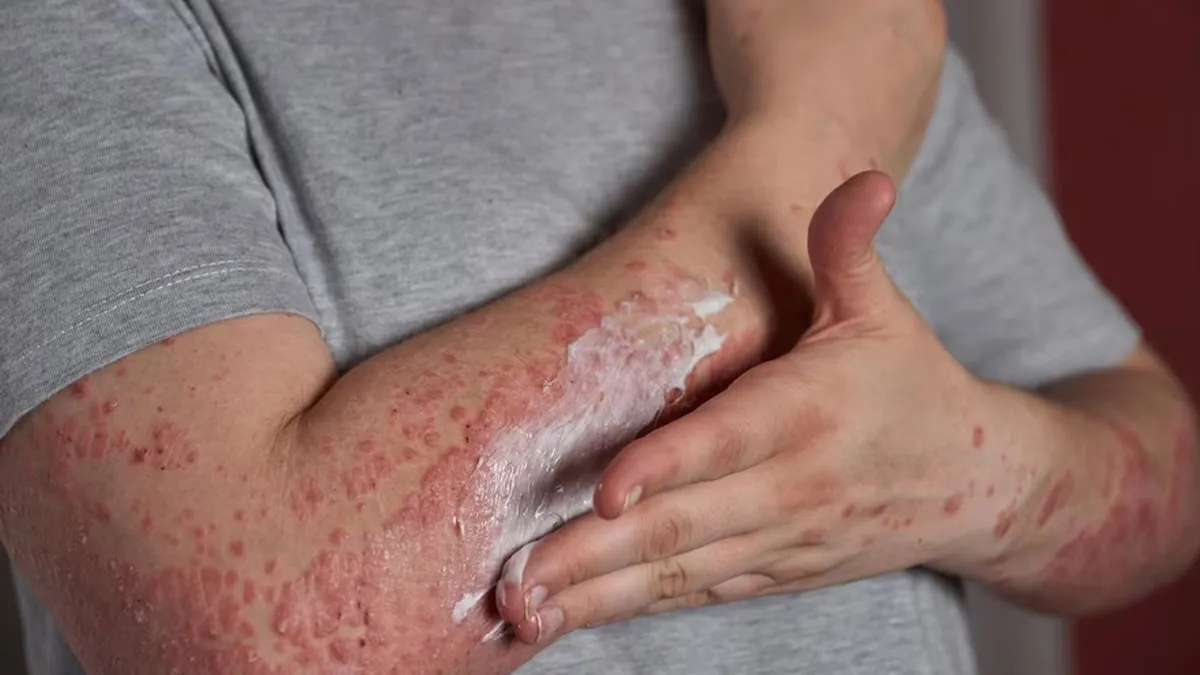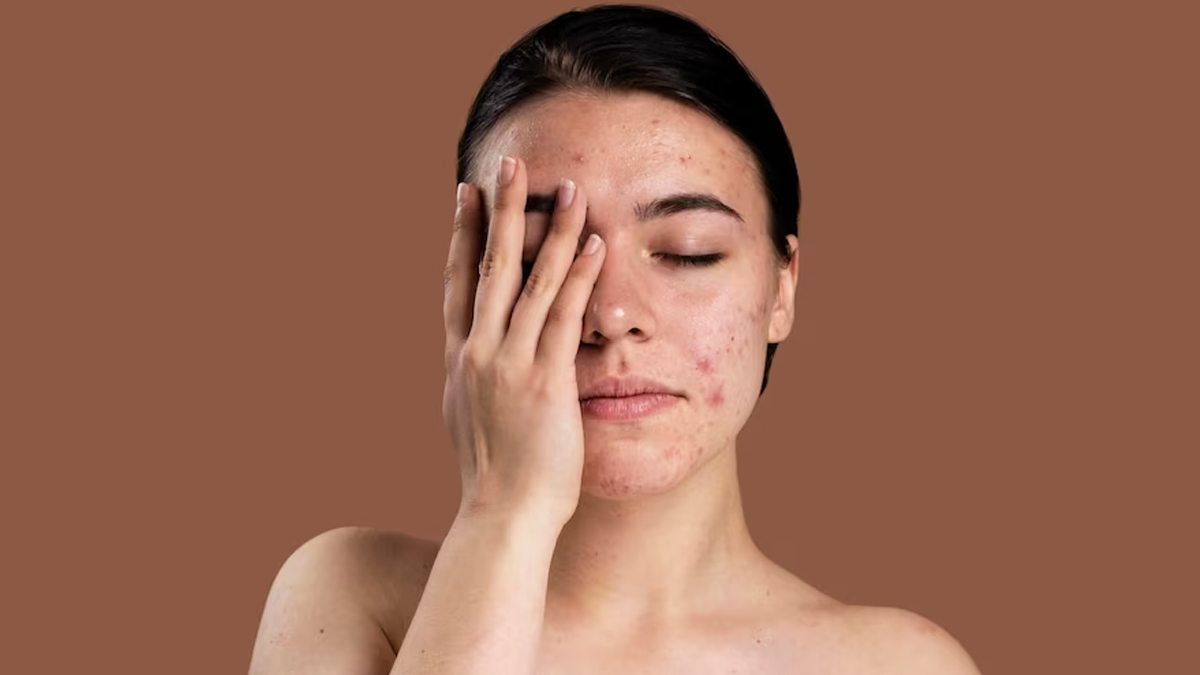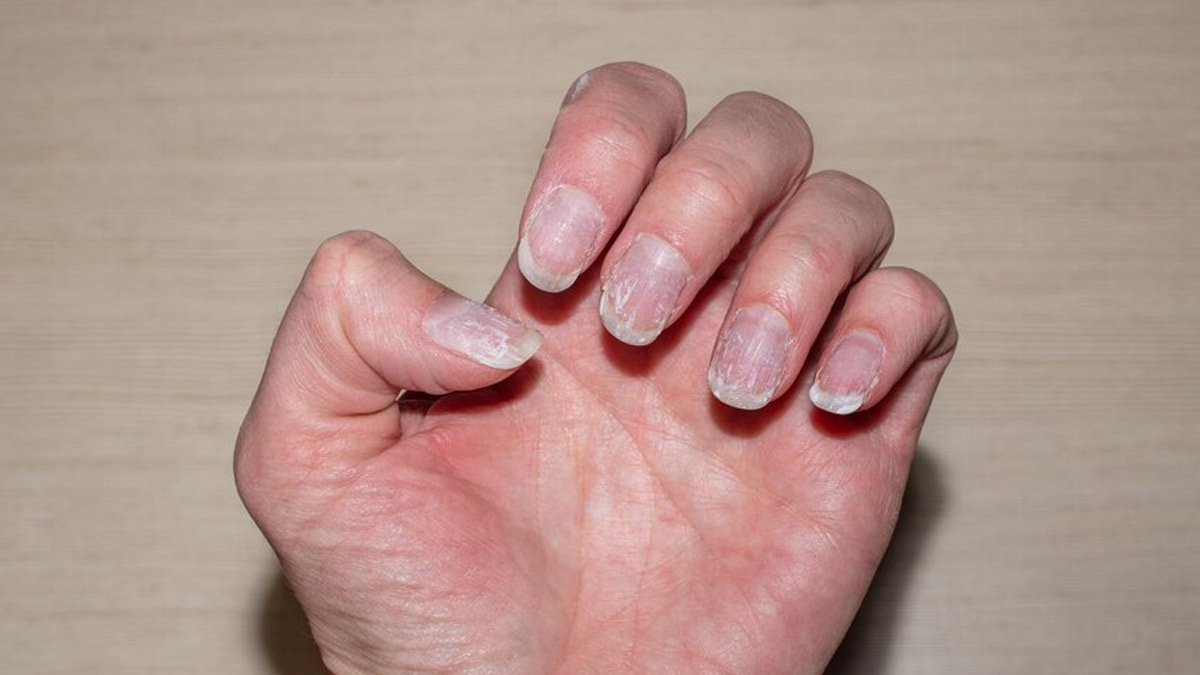
Psoriasis is a chronic autoimmune condition that causes rapid skin cell buildup, leading to scaling, inflammation, and discomfort. While genetics and environmental factors play a role, growing research suggests that diet may also influence psoriasis flare-ups and severity. But how much of an impact does what you eat really have on your skin? Let’s take a closer look.
Table of Content:-
Link Between Diet and Psoriasis
Although no single diet can cure psoriasis, studies indicate that certain foods can either worsen or alleviate symptoms. A balanced, anti-inflammatory diet may help reduce flare-ups, while unhealthy dietary choices can trigger or exacerbate them.
Foods That May Trigger Psoriasis
Processed Foods: High in refined sugars, unhealthy fats, and preservatives, processed foods may contribute to systemic inflammation, potentially worsening psoriasis symptoms.
Red Meat & Dairy: Both contain arachidonic acid, which has been linked to increased inflammation in the body.

Also Read: Cardio Conundrum: How Much Exercise Is Too Much For Your Heart?
Alcohol: Excessive alcohol consumption can weaken the immune system and increase the likelihood of flare-ups.
Gluten: Some individuals with psoriasis report improved symptoms after reducing or eliminating gluten from their diet, particularly if they have a sensitivity or celiac disease.
Nightshade Vegetables: Tomatoes, peppers, eggplants, and potatoes contain solanine, which some people with psoriasis believe exacerbates their symptoms.
Foods That May Help Manage Psoriasis
Fatty Fish: Rich in omega-3 fatty acids, salmon, sardines, and mackerel help reduce inflammation.
Fruits & Vegetables: Packed with antioxidants, vitamins, and fiber, these help combat oxidative stress and inflammation.
Whole Grains: Brown rice, quinoa, and oats support gut health and provide essential nutrients.
Nuts & Seeds: Almonds, walnuts, flaxseeds, and chia seeds offer anti-inflammatory benefits.
Probiotic Foods: Yoghurt, kefir, sauerkraut, and kimchi help maintain gut health, which is linked to immune regulation.

Also Read: Cardio Conundrum: How Much Exercise Is Too Much For Your Heart?
Lifestyle Considerations
Beyond diet, maintaining an overall healthy lifestyle can positively impact psoriasis. Regular exercise, stress management, adequate hydration, and sufficient sleep all contribute to better skin health and overall well-being.
Should You Try an Elimination Diet?
If you suspect certain foods are triggering your psoriasis, consider an elimination diet. Removing potential triggers for a few weeks and then reintroducing them one at a time can help identify dietary culprits. However, always consult a healthcare provider or a registered dietitian before making major dietary changes.
Bottomline
While diet alone cannot cure psoriasis, making informed food choices can help manage symptoms and improve overall health. By reducing inflammatory foods and incorporating nutrient-dense options, you may find relief and better control over flare-ups. Paying attention to how your body responds to different foods can be a valuable tool in your psoriasis management journey.
Also watch this video
How we keep this article up to date:
We work with experts and keep a close eye on the latest in health and wellness. Whenever there is a new research or helpful information, we update our articles with accurate and useful advice.
Current Version